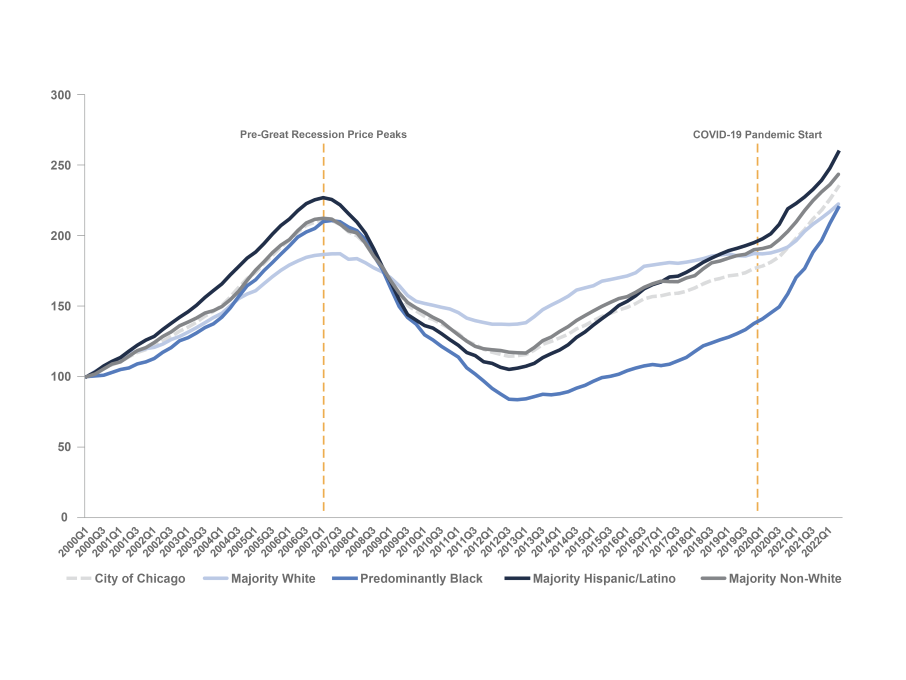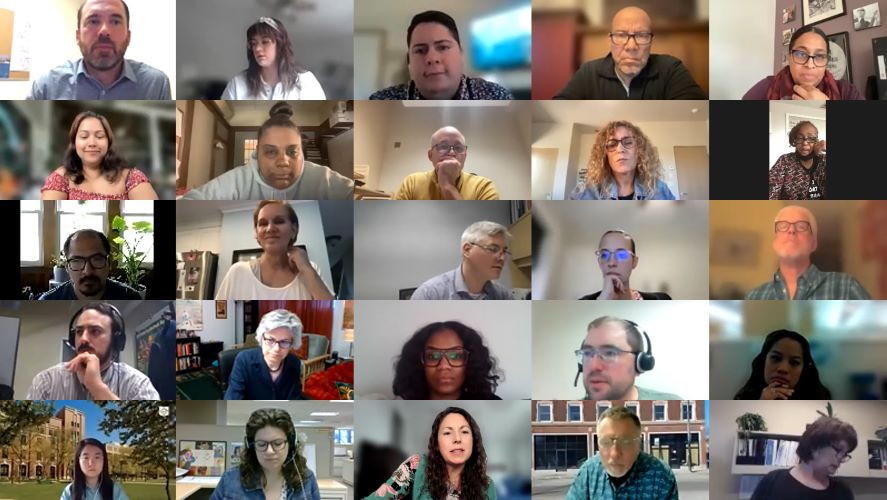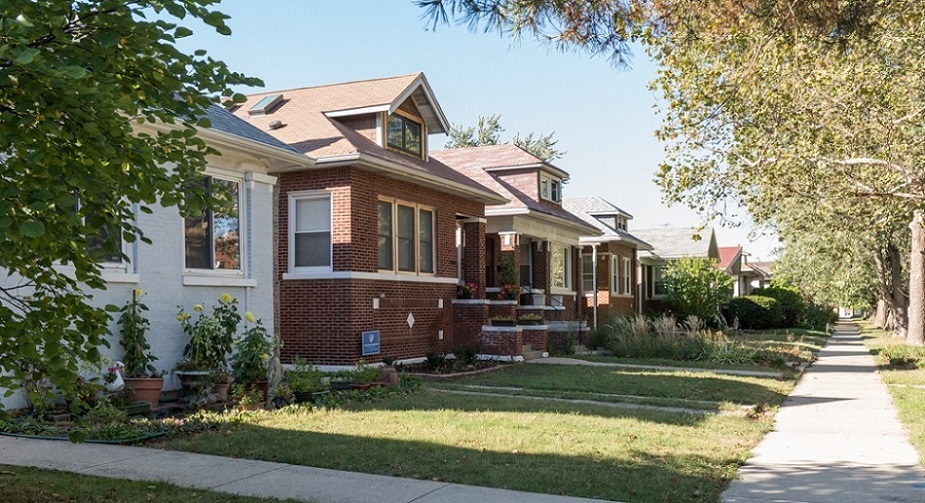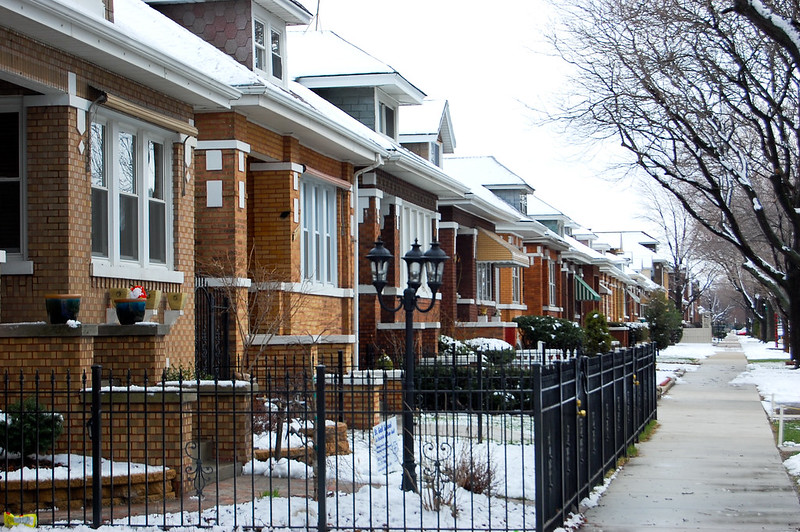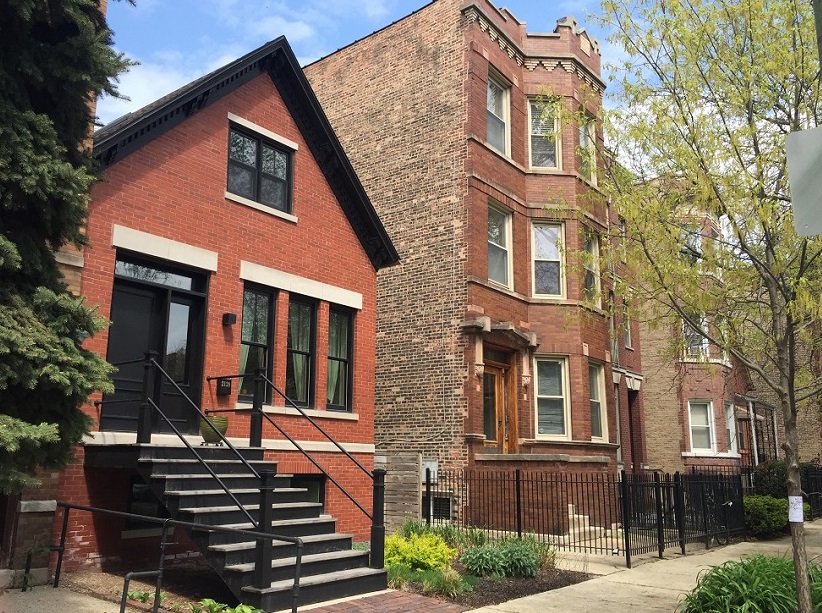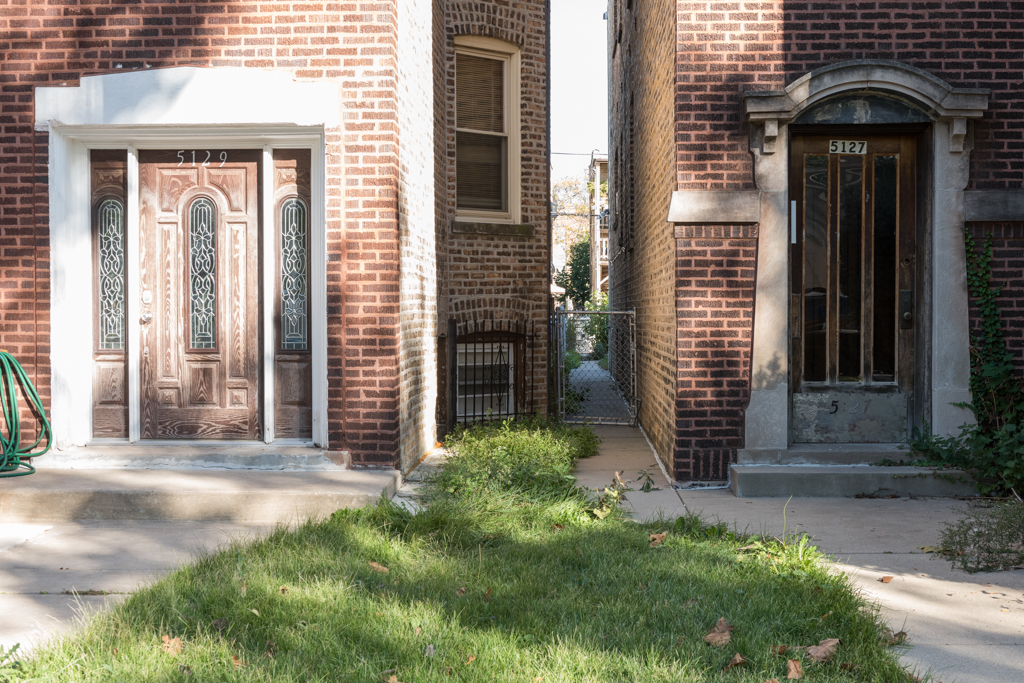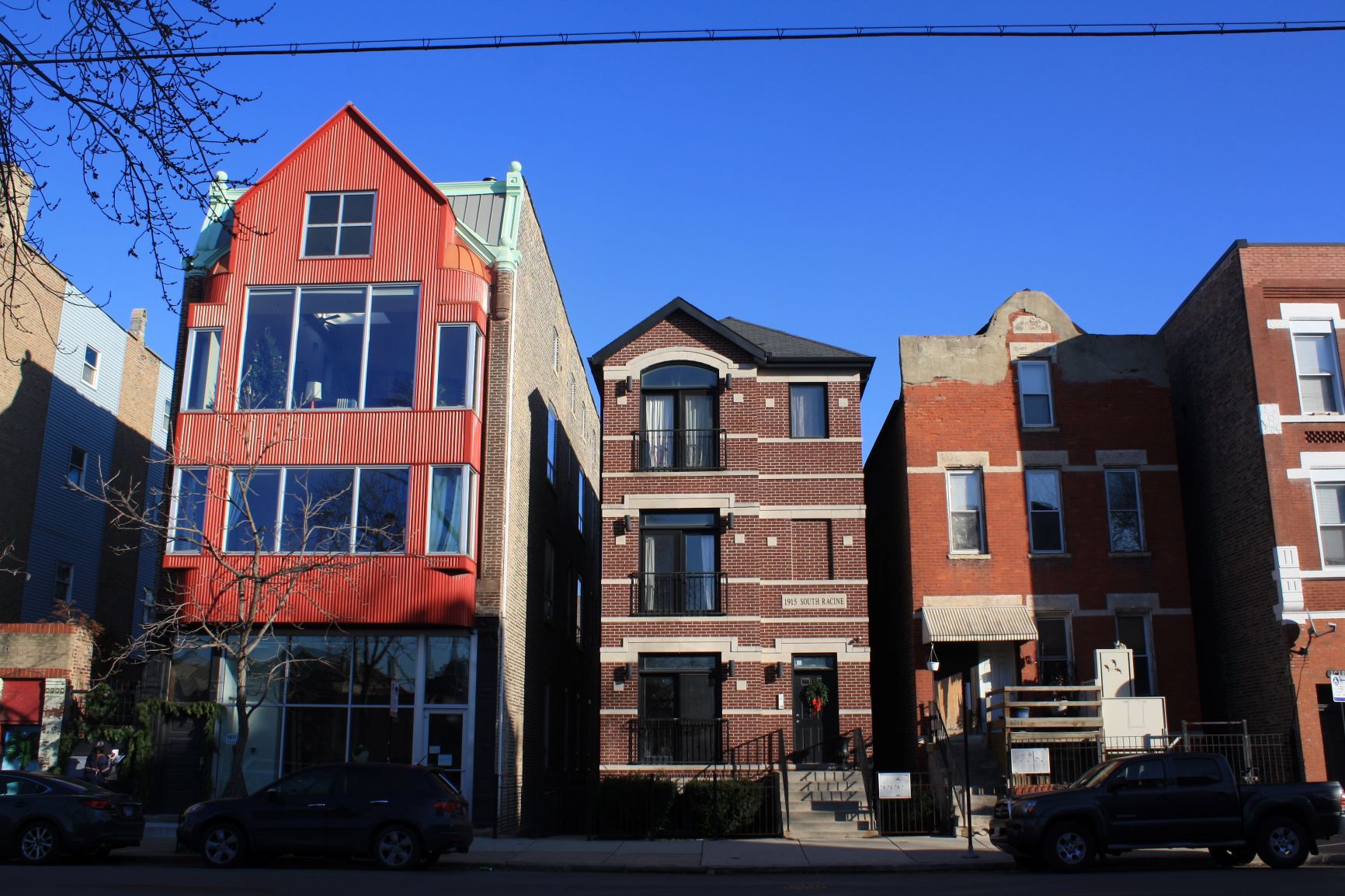Blog
Understanding the Implications of Pandemic House Price Gains in Chicago’s Communities of Color
This blog updates data on house price trends in City of Chicago neighborhoods based on the neighborhood’s race and ethnic composition and focuses on how COVID-19 pandemic period price gains have impacted house prices in Chicago's communities of color.
IHS Convenes Stakeholders to Discuss Older Adult Housing Needs
This blog discusses highlights from IHS's May 2022 convening of a diverse group of participants including affordable-housing advocates, the aging-in-place community, housing developers, community groups, government agencies and others to discuss the implications of IHS's recent report Housing Needs and Economic Conditions of Cook County’s Older Adults.
An Update to the Mapping Stories of Neighborhood Change Tool
IHS recently updated our Mapping Stories of Neighborhood Change mapping tool to include neighborhood news stories published in 2021 and 2022 mapped alongside our updated Mapping Displacement Pressure data. The mapping tool provides users with spatial, housing market, and demographic context to assess the potential implications of the activities described in each article.
Looking Forward: An Update on COVID-19 Housing Policy Interventions
This blog is a part of our series examining the impact of the COVID-19 economy on Chicago households and communities. This third installment discusses data, research, and programs to guide equitable recovery efforts as COVID-19 protections and assistance enacted during the first two years of the pandemic end.
Planning for the Housing Needs of an Aging Population
To inform our work on Cook County’s older adult housing needs and economic challenges, IHS tapped into the local knowledge of roughly 20 Chicago-area organizations to create a resource on key older adult demographic and socioeconomic trends. Read more here about the distinct challenges facing older adult renter and owner households in Cook County, as well as key policy challenges and information needs that emerged during our stakeholder engagement process.
Building Community Data Capacity: The Southwest Organizing Project
For a decade, IHS has provided data and technical assistance to the Southwest Organizing Project (SWOP) to inform the organization’s programs, initiatives, and outreach in southwest Chicago. Read more here about how IHS data has helped SWOP target and rehabilitate vacant buildings after the Great Recession, distribute aid during the COVID-19 pandemic, and conduct targeted outreach to Southwest Chicago residents.
IHS Technical Assistance to Support Preservation of 2 to 4 Unit Properties in Chicago
This blog provides an overview of the current state of 2 to 4 unit housing in Chicago, new pilot programs directed at preserving multi-unit housing in Chicago, and IHS’s work in community partnerships over the years that have provided insight on the 2 to 4 unit housing market.
Using Data and Community Engagement Collaborations to Guide an Equitable COVID-19 Recovery
With support from Urban Institute's National Neighborhood Indicators Partnership, the Institute for Housing Studies partnered with Communities United and Elevated Chicago to engage community members experiencing disproportionate impacts from the COVID-19 pandemic. Read more here about how data and community-driven narratives can guide equitable COVID-19 response and recovery efforts in Chicago.
Guest Blog: The Need for a Collective Approach to Preserving 2 to 4 Unit Housing in Chicago
This guest blog, co-authored by a group of Chicago housing organizations, responds to IHS's recent analysis on the importance of and threats to 2 to 4 unit buildings in Chicago. It emphasizes the disproportionate health and economic impacts of the COVID-19 pandemic across Chicago’s communities of color; the potential implications for the stability of Chicago’s 2 to 4 unit housing stock; and the urgent need for coordinated actions to address existing needs of families that rely on the affordability that 2 to 4 flats provide.
New Stories Added to Mapping Stories of Neighborhood Change Tool
IHS recently updated our Mapping Stories of Neighborhood Change mapping tool to include neighborhood news stories published in 2020 mapped alongside our updated Mapping Displacement Pressure data. The mapping tool provides users with spatial, housing market, and demographic context and to assess the potential implications of the activities described in each article.
